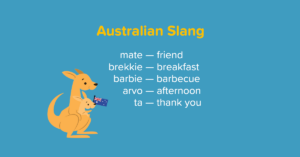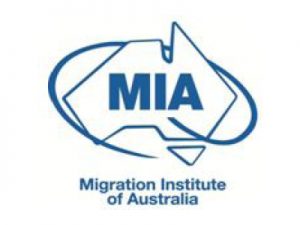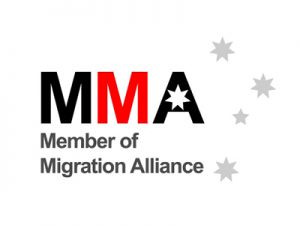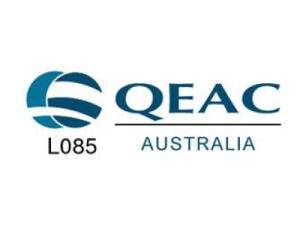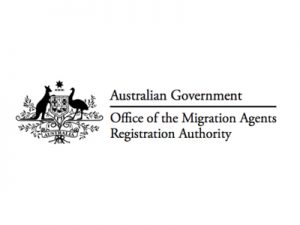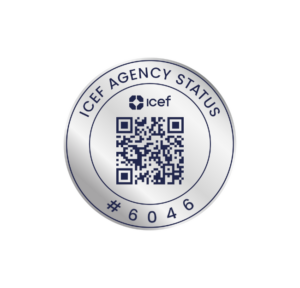The Australian government has taken a significant step to tackle the shortage of qualified direct care workers in the aged care sector by introducing the Aged Care Industry Labour Agreement. This new agreement aims to streamline the process of recruiting overseas direct care workers, allowing employers to fill essential positions when suitable Australian candidates are unavailable.
To benefit from the Aged Care Industry Labour Agreement, aged care providers must establish a Memorandum of Understanding (MoU) with the relevant industry unions. These unions include the Australian Nursing and Midwifery Federation, Health Services Union, and United Workers Union. Through this collaborative approach, employers and migrant workers can ensure their interests are protected.
Under this agreement, employers can sponsor overseas workers for the Temporary Skill Shortage (subclass 482) visa in occupations such as Nursing Support Worker, Personal Care Assistant, and Aged or Disabled Carer. Additionally, it offers the opportunity to sponsor workers for permanent residency under the Employer Nomination Scheme (subclass 186) visa program, provided they have at least two years of full-time work experience in a relevant direct care occupation within Australia.
Applying for the Aged Care Industry Labour Agreement is a straightforward process. Aged care providers need to submit a request to the Department of Home Affairs after establishing the MoU with the unions. The Department provides online labor agreement request forms through ImmiAccount, making the application process easier for aged care providers.
This agreement introduces several concessions to the standard skilled visa requirements. These concessions include a streamlined two-year pathway to permanent residency through the Employer Nomination Scheme, expedited visa nomination, priority processing, and English language concessions for workers with relevant community language skills. Additionally, once an MoU is in place, labor market testing requirements are considered fulfilled.
To meet the eligibility criteria, workers must hold a relevant AQF Certificate III or equivalent qualification. Alternatively, they can have 12 months of relevant work experience or part-time equivalence. If workers obtained their qualifications overseas, they will require a positive skills assessment from either the Australian Nursing and Midwifery Accreditation Council or the Australian Community Workers Association. English language proficiency requirements vary based on individual circumstances.
The introduction of the Aged Care Industry Labour Agreement reflects Australia’s commitment to addressing the critical needs of the aged care sector while upholding high standards of care. This initiative provides new opportunities for qualified overseas workers to contribute their skills and expertise to the Australian aged care industry.
For more information about the Aged Care Industry Labour Agreement, please visit the official website of the Australian Department of Home Affairs.




